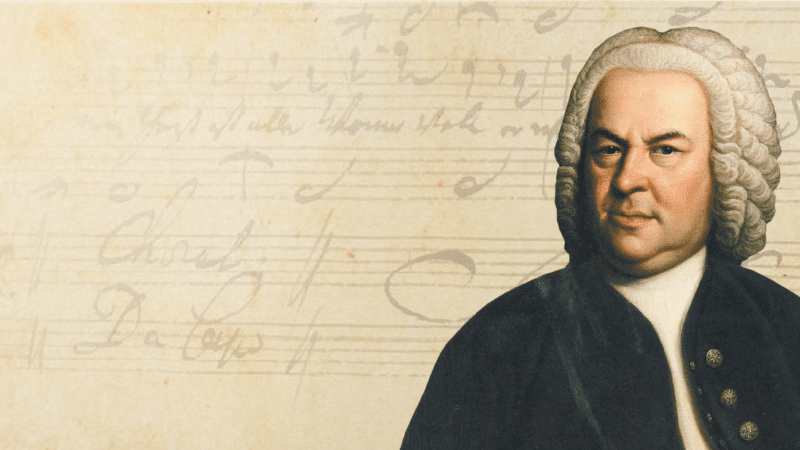
All for the glory of God
Annual Review 2022
Welcome to our Annual Review 2022. As you read it, may you be greatly encouraged by all that God has done through the Institute during 2021.

So whether you eat or drink or whatever you do, do it all for the glory of God.
1 Corinthians 10:31 NIV
As a young Christian believer I was stirred in my soul when I realised that our nation had turned its back on God. I wanted to glorify God in my life and assumed that ‘full-time Christian work’ was the best way to do it. I went to as many missionary conferences as I could, but in 1984 concluded that God wasn’t calling me to work for him in a church or as a missionary. So I became a teacher. In my own mind, this was a life on ‘Track B’.
My thinking was wrong. I began to see I could glorify God in my work teaching children. That’s what Paul says in 1 Corinthians 10:31. My muddle-headed ideas had more in common with a dark-age heresy than with the Bible. In medieval times only monks, priests or nuns were thought to be really close to God. Everyone else had a second-class spiritual life.
Tyndale (1494-1536) responded to this pervasive idea in blunt terms: “Now if thou compare deed to deed, there is difference betwixt washing of dishes, and preaching of the word of God; but as touching to please God, none at all…”.
Doing the washing up pleases God, just like biblical preaching. In a similar vein, Luther (1483-1546) stressed that all work should be seen as a form of service to God – “not only the churches but also the home, the kitchen, the cellar, the workshop, and the field”.
Disposable nappies weren’t around in Luther’s day. One of his most challenging tasks as a husband was washing and changing his baby’s nappies. But for Luther this was an activity “adorned with divine approval”, despite the “stench”. When a father does this work “God, with all his angels and creatures, is smiling”.
These Reformation ideas bolstered the importance of the family and the care and nurture of children. No wonder Luther and particularly John Comenius (1592-1670) advocated universal education.
These ideas also transformed the world of work. God was seen as requiring integrity in business. He watched our conduct. And we glorify God when we use the talents he has given us. All these strong beliefs come together and inevitably spawn entrepreneurial activity. Sociologists say the ‘protestant work ethic’ contributed greatly to Western capitalism.
JS Bach, a devout Protestant himself, wrote SDG (Soli Deo Gloria – Glory to God Alone), on the sheets of music he composed. Not only his music for church services, but his music for the concert hall too.
We can do all for the glory of God. As John Calvin (1509-1564) said: “there is no part of our life or conduct, however insignificant which should not be related to the glory of God”.
Those working in the home or in public service, the arts or in business can be just as pleasing to God as those working for the Church, strategic though church work is.
I came to see this as a young teacher. I unexpectedly retired early at the young age of 26, encouraged by friends to see if there was a way to set up a Christian institute. It turned out that – under God – there was.
Having left the classroom for work at The Christian Institute, there’s a great thrill when we win a court case like Ashers or a public policy debate such as the abuse of trust law. But it’s all too apparent that Christians often fail to carry the day. Yet win or lose we stand up for what is right for the glory of God.
SDG, as Bach would say.
Colin Hart, Director

Welcome to our Annual Review 2022. As you read it, may you be greatly encouraged by all that God has done through the Institute during 2021.